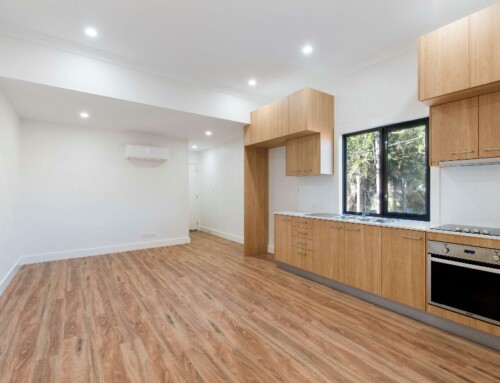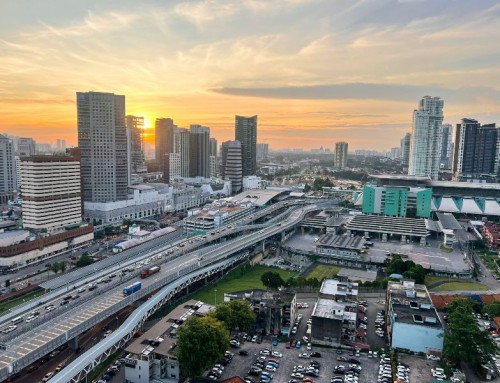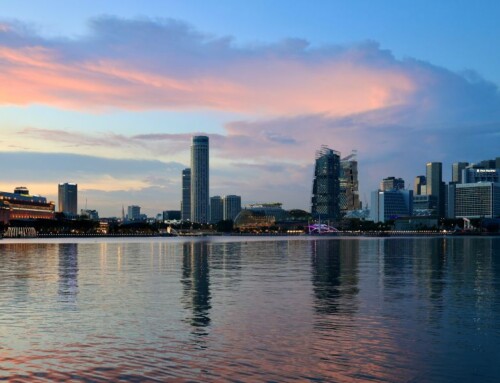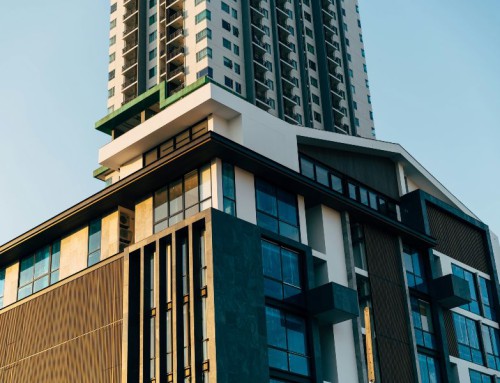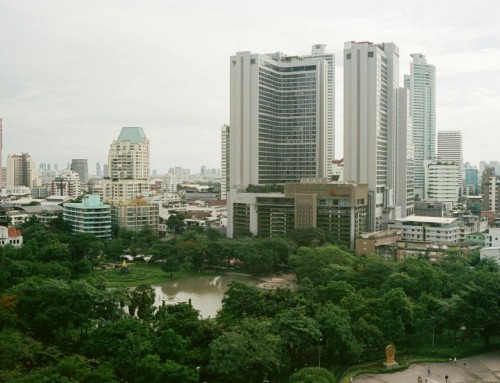In 2014, CNBC ranked the Singapore real estate market as the second worst performing market after Greece. It just shows how far Singapore property prices have fallen since the boom years in 2009 to 2012. Is Greece fundamentally similar to Singapore? Does this mean that Singapore is going down the same path of Greece whereby the country is essentially bankrupt? Let us then determine, what makes a good property investment.
The fundamentals of buying a property is simple. A property is always a home first and this stays true to just about any property owner. It is only after getting their first home will home owners think of perhaps indulging in some property investment. This then goes to the mere fact of desirability. How livable is a certain place. Factors that attract people to a place will be things like security, infrastructure, good neighborhoods, cleanliness and the openness of a certain place to foreigners. In this aspect cities like Singapore, Hong Kong, London and Melbourne come to mind. For our purpose of illustration, I will focus on Singapore as an example. Singapore is an extremely safe country, roads and railways are efficient, living conditions are ideal with good education, extremely clean and welcoming to civil people who wish to settle in the country and contribute to society. This is what a sound property investment should look like. Investors will always look at a property as an asset that he can either sell it for a higher price than that which he paid for or as an asset which will yield him good income by renting it out. However, a genuine home owner will be looking for a conducive place to live. In today’s ever crowded global property market, there are many options for investors. However, the most secure property investment is one which ticks both investors’ and home owners’ criteria.
Many buyers have seemingly jumped into places like Iskandar in Malaysia or Phnom Penh in Cambodia. The prices which they may have paid for these properties may be lower than what they might be paying if they were to purchase a property in Singapore, Hong Kong, London or Melbourne but if one were to truly look at the fundamentals of these places, Iskandar or Phnom Penh may not be worth what the investors have been paying. Fundamentally the places are not exactly the most livable places. Security is always an issue and corruption is still rampant in these places. Due to money leaking out from the system and into the pockets of corrupt officials, infrastructure is usually poor. Transportation is a hassle and schools are often very poorly run. Now imagine for a moment if a large multi national corporation were to even think of setting up it’s regional headquarters in Iskandar or Phnom Penh and if they were to offer their head management an attractive pay package to take up a position in such a place. Would this head management bring their families along to live and grow up in such an environment? These top executives are already paid massive pay packages in their positions where they are. It would be a great ask for them to uproot their comfortable position to move their families into a developing country with little or no infrastructure and where security is a concern everyday.
This is where I believe property investors have gone awfully wrong. Just because places like Singapore and Hong Kong are more expensive than places like Iskandar and Phnom Penh does not mean that money cannot be made. Leverage is more readily available in places like Singapore. Financing is easy to come by for individuals who are working and have good credit records. Interest rates are attractively low. Currently banks in Singapore offer up to 80% financing on the value of a property at interest rates of 2% and below. In contrast, buying a property in Phnom Penh would require at least a downpayment of 50% of the value of the property at interest rates in excess of 5%. In certain cases, the loan application and interest rates may be so prohibitively difficult and high that the buyer of the property may choose to pay the property in full rather than finance it. Let us take a look at this scenario.
Buying a SGD$1,000,000 property in Singapore
Downpayment 20% = SGD$200,000
If the property were to appreciate by 20% to SGD$1,200,000 and was sold, the SGD$200,000 would make the investor another SGD$200,000
Return on equity = 100%
Buying a SGD$200,000 property in Iskandar or Phnom Penh
Downpayment 100% (no financing) = SGD$200,000
The property would have to appreciate by 100% to SGD$400,000 for the investor to make another $200,000 and match the previous example’s 100% return on equity
In my humble opinion, I would rather take a chance on Singapore real estate appreciating by another 20% before I can see properties in Iskandar and Phnom Penh doubling in value.
Why so?
Simply because Singapore is a place where it is a good place to live. On top of that the investment climate is very favourable. Places like Singapore, Hong Kong, London or Melbourne will always be attracting large multinational corporations to set up offices to take advantage of the good infrastructure and educated work force. Costs of living will always be creeping higher as incomes rise in these places. This is in contrast to Phnom Penh whereby the salary of a teacher is in the region of USD$200. The fundamentals of such developing countries is very wrong. Rather than spend monies on investing in good infrastructure and more importantly good education for their people to add human capital to their work force, they are obsessed with building condominiums, commercial towers and even sky scrapers to announce their arrival onto the world arena. Look at the multiple ghost towns that China has created. With 1.4 billion population they are finding it difficult to get people to purchase these properties. Look at developers in places like Iskandar who are adding more than a million units to the housing stock. I fear to see where the demand is going to come from. It seems to me that this is a game of passing a lit dynamite from one investor to the next.
Investors should always look at whether a certain property that they are about to commit to is going to be a home for a family. Not just about hoping to sell it off for a quick profit. The irony in property investing is that to be a good investor you must think less like an investor and more like a home owner.
Yours Sincerely,
Daryl Lum

